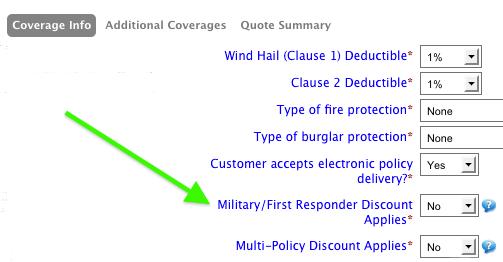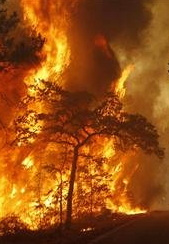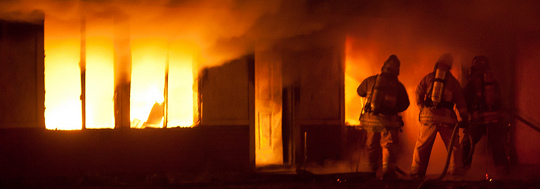“Only you can prevent Forest Fires!”
That’s an old saying that you may remember. If not (or for those who do who want a trip down memory lane) – here’s a quick refresher:
Of course we should all do our part to avoid accidentally setting a wildfire – especially as we head into the peak Texas wildfire season. It’s just as important that all of your clients do everything they can to avoid wildfire losses, and there’s a lot they can do.
The Best Steps to Avoid or Reduce a Wildfire Loss
- Roof – Use fire-resistant materials like cement tile, composition shingles, metal or copper. (You can get a double benefit – and save significantly on your premiums – if you use a roofing material that is both fire and hail resistive).
- Walls – Use noncombustible siding materials like hardiplank, stucco or brick.
- Construct decks of nonflammable materials and enclose the area under any raised decks to prevent embers from blowing underneath.
- Use dual pane or tempered glass windows with metal/aluminum frames.
- Install smoke detectors and fire extinguishers throughout your home.
- Keep a garden hose that is long enough to reach the house and other structures on the property.
- Make sure fire tools (ladder, shovel, hose, rake, axe, water bucket, etc.) are handy.
- Install a back-up generator in case electrical power is shut off.
- Store valuable documents in a fire-resistive safe or an off-premise location.
Avoid Feeding a Fire Near Your Home
- Keep the roof and gutters free of leaves, needles, branches, and other debris.
- Maintain an adequately watered defensible space around your house on a regular basis (at least 100 feet of space on level ground and 200 feet on sloped terrain).
- Remove all dead plants, trees, branches, firewood and debris and all flammable native plants within 30 feet of home.
- Remove branches that extend over the roof or within 6 feet of the home.
- Maintain a minimum of 15 feet between tree crowns.
- Trim tree limbs to 15 feet off the ground or 1/3 total crown height, whichever is less.
- Mow grass regularly.
- Clear a 10-foot area around propane tanks or barbecue area.
- Separate shrubs by a distance of at least twice the height of the shrub.
It’s great to have the right insurance when a loss happens. It’s even better to avoid a loss in the first place. Take these steps with your own home and encourage your clients to do the same and you just might help them avoid a terrible experience. As an agent there’s no better service you could provide than that.
If you’re a Texas independent insurance agent that goes the extra mile to take care of clients and don’t already do business with iMGA, we’d love to talk to you. Start the process here.



